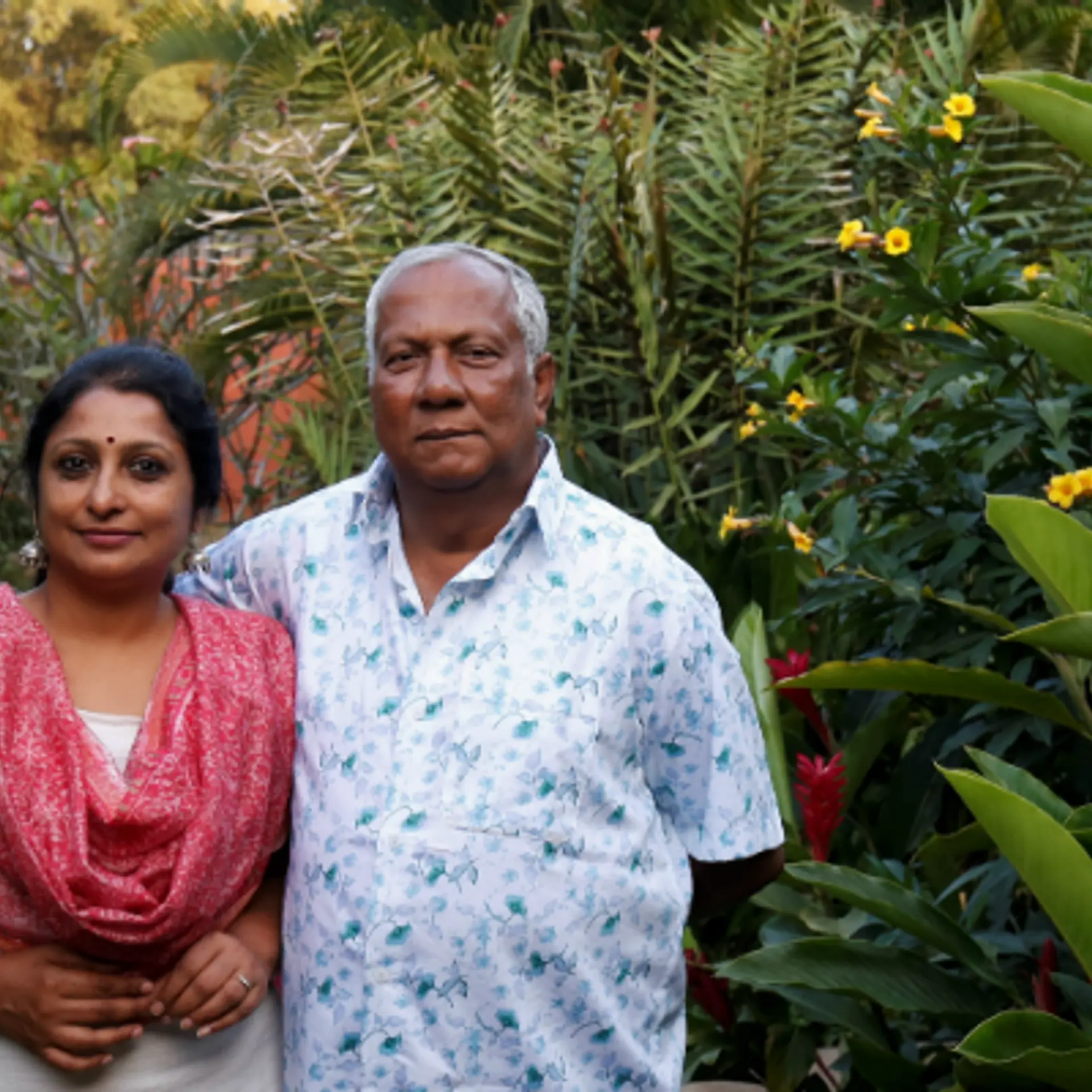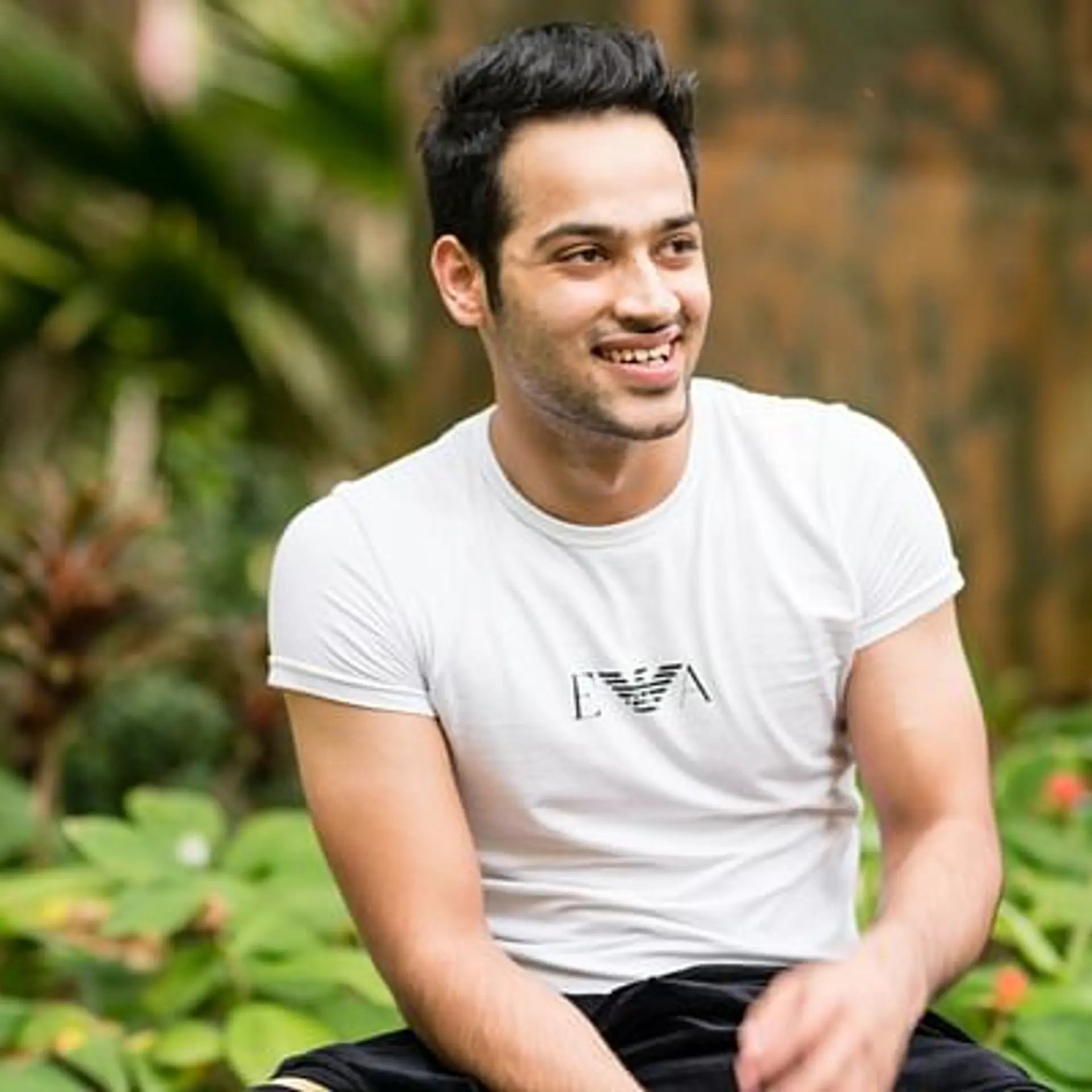'A brand should never sell its products on discount,' says Killer Jeans founder whose company clocked Rs 456 Cr this year
KKCL is now present across 209 cities and towns in 25 Indian states. It operates through 336 stores, either owned or through franchise business.
Denim jeans are probably the most important item in our wardrobes. Versatile, reusable and rugged, your jeans can easily last more than two to three years. This is why people are okay with paying a premium price for a good pair of jeans.
Back in 1989, Mumbai-based businessman Kewalchand Jain decided to take a gamble on this kind of logic. At that time, he was running his family’s garment business and wanted to start making jeans. Kewalchand told himself he wanted to build an Indian denim brand and make Indians proud of wearing these jeans.
This was the inspiration behind Killer Jeans. Selecting the name to represent the rebellious nature of youth, Kewalchand launched the brand despite anticipating heavy competition from international brands Levis, Pepe Jeans, and Wrangler. Spykar was another Indian denim brand that launched around the same time.

Kewalchand Jain, Chairman and MD, KKCL
So how was Killer Jeans unique?
Kewalchand says, “I believed that a brand should never sell its products on discount. Thus, Killer Jeans would be a full-price brand.”
This means Kewalchand envisioned a model where Killer Jeans would not offer discounts on any current or fresh inventory. Now that heavy discounting is the norm, this full-price model seems counter-intuitive.
A unique pricing model
Kewalchand, explaining the logic behind the full price model, says:
"We didn’t want to dilute our brand position by giving discounts. Thus, we priced our products at reasonable prices and sell them at full price, rather than overpricing them and offering major discounts.”
He maintains that selling at full price ensures brand loyalty and higher profits. In 1992, he started Kewal Kiran Clothing Ltd (KKCL) -an institution that would be the parent company for Killer Jeans. This would allow him to launch other brands and follow a similar, full-price model.
Over the years, KKCL, has launched the clothing brands Easies, Integriti, LawmanPg3 and also acquired Desi Belle, the womens’ wear brand. Kewalchand explains how these products are priced at physical stories.
“The price range for Killer Jeans is Rs 2,200 to Rs 3,600. The pricing for LawmanPg3 products start at Rs 1,149 and go up to 2,599. Easies products vary from Rs 1,799 to Rs 2,999, while Integriti products vary from Rs 1,124 to Rs 2,500.”
It is worth noting that KKCL’s full-price model is applicable primarily at physical stores. Multi Brand Outlets (MBOs) and Large Format Stores (LFS) such as Lifestyle, Shoppers Stop, Brand Factory, Future Group stores, and more, sell Killer Jeans at full price.

Killer Jeans' factory in Vapi, Gujarat
However, Killer Jeans is listed on ecommerce platforms Amazon, Flipkart, Myntra, and at its own that offer discounts on limited stock from previous collections or old inventory of products.
This approach has certainly paid off for the Mumbai entrepreneur.
KKCL raked in Rs 456 crore turnover last year, with Killer Jeans accounting for 53 percent of this amount (roughly Rs 242 crore). It also raised Rs 80 crore through an IPO in 2006.
Kewalchand says, “We have been growing our revenues at 14 percent in the last 10 years. We will continue to compete and expect 20 percent CAGR in the next five years.”
The business setup
Presently, KKCL manufactures around 80 percent of the products in its facilities at Goregaon, Vapi, Daman and Dadar. Kewalchand says that this allows the company to have great control over the design and quality of the products.
“KKCL can quickly churn out any design based on the dynamic needs in fashion. We also have 40 international designers on board, and they have expertise in Turkish, Chinese and Italian fashion,” he says.
The other 20 percent is outsourced to MSMEs. Kewalchand says, "this has helped create a large number of entrepreneurs who have been working with the company for decades.” Working alongside smaller businesses satisfies him as he gets to see the MSMEs growing alongside KKCL.
“As we grow in size, these MSMEs can also grow with us and generate employment. They have to change according to the times and upgrade themselves to meet our requirements in the future. We guide them at regular intervals to make them successful,” Kewalchand says.

Another look inside Killer Jeans' Vapi factory
Killer Jeans has diversified into t-shirts, shirts, accessories, trousers, and more, presenting these MSMEs with more opportunities. KKCLs other brands have similarly ventured into various clothing categories.
Only five to seven percent of the company’s revenues come from digital platforms, owing to KKCL’s focus on physical, full-price selling.
“We have started a retail business through our K-Lounge stores. KKCL now operates through 336 stores, either owned or through franchise business,” Kewalchand says.
KKCL is now present across 209 cities and towns in 25 Indian states, and according to him, it has forayed into international markets, with a robust consumer base in Asia, Middle East and the Commonwealth of Independent States (CIS).
He adds that the company finds it challenging to scale sustainably and with stability. But being sustainable and scalable helps KKCL meet other challenges as it plans to soon venture into kidswear.
KKCL now wants to achieve a net worth of Rs 500 crore. “The dream is to become a Rs 1000 crore turnover company by improvising upon our sales strategy focussing on generating good profits,” Kewalchand says.
ALSO READ:
Battling Levis and Lee, Indian brand Spykar shows entrepreneurship runs in its jeans
This Madurai founder started with Rs 5 lakh, lost Rs 1 Cr, and is now doing Rs 50 Cr in revenue







